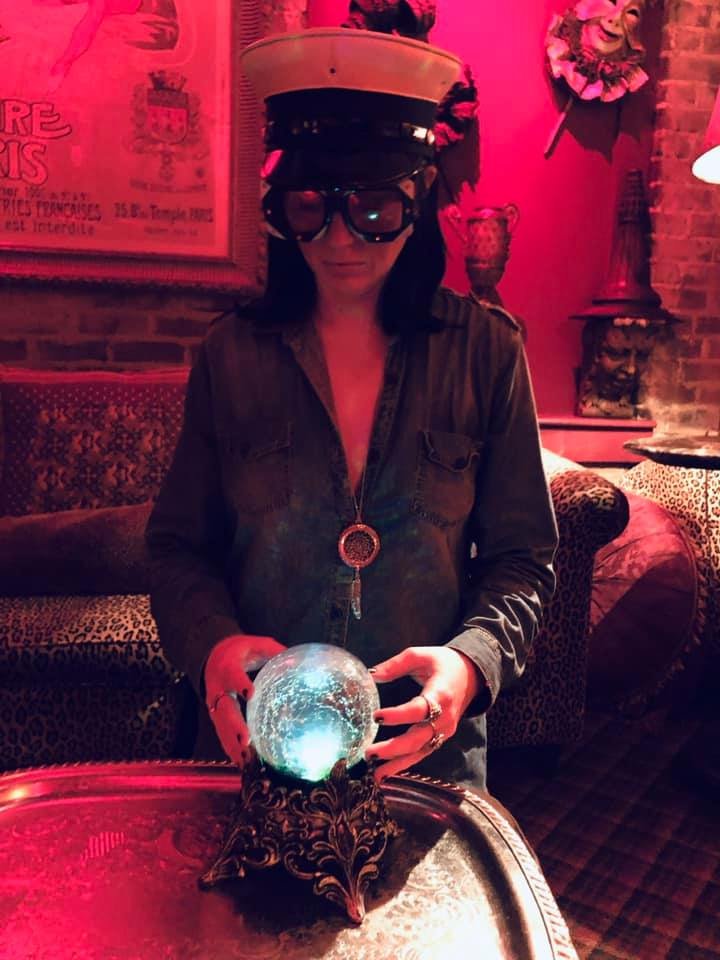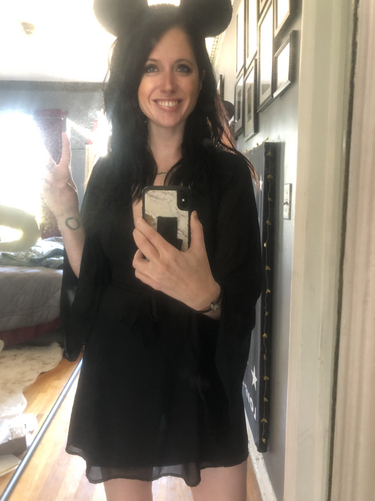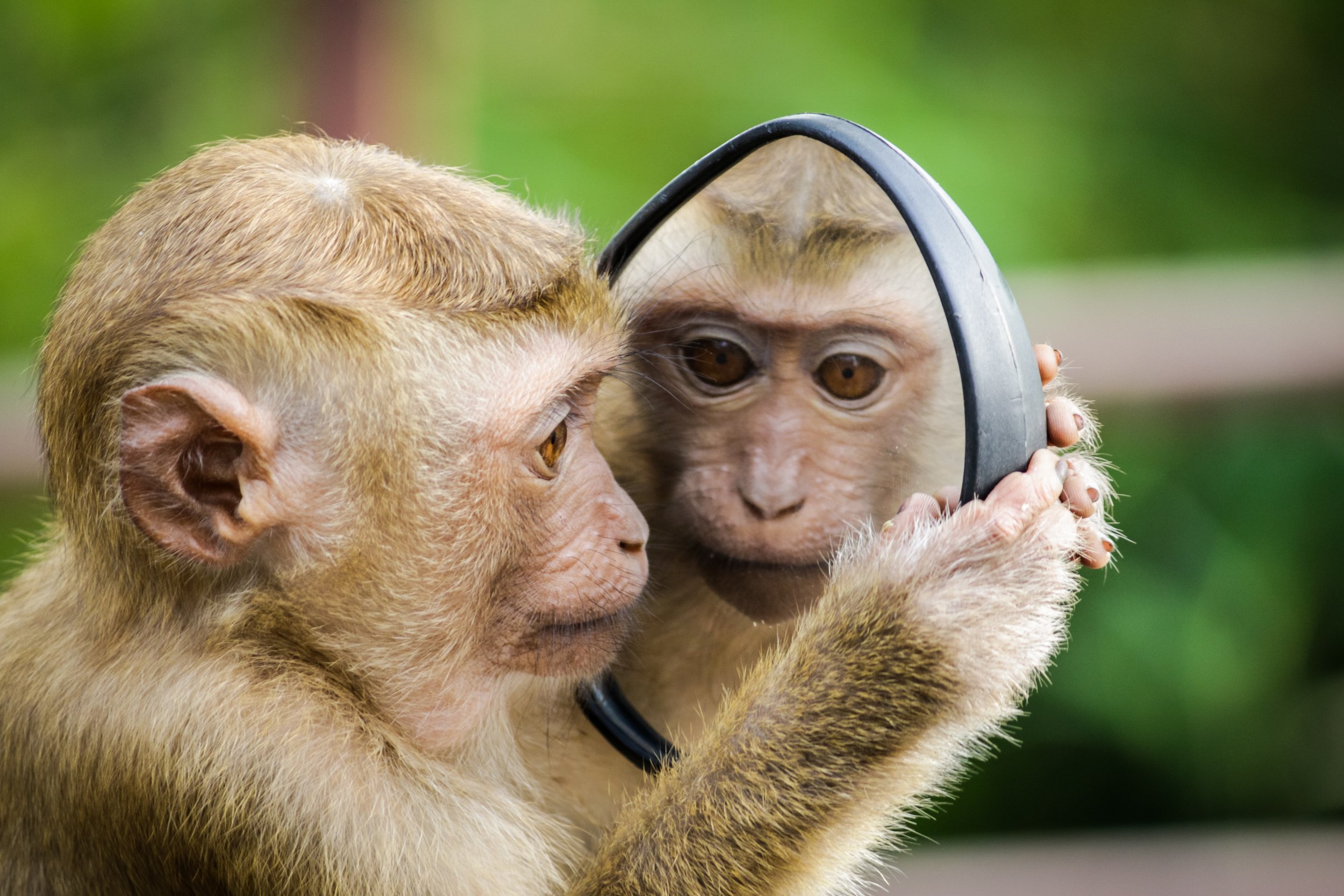What Are the 4 Types of Relationships?
Talk Nerdy To Me’s @StaffWriter:
There are four types of relationships: toxic, neutral, healthy, and transcendent.
Each type of relationship has its own set of qualities. The following are the defining characteristics of toxic, neutral, healthy, and transcendent relationships.
Toxic Relationships
People in a toxic relationship experience at least one of the below: emotional or physical hurt, an imbalance in giving or receiving love, or neglect.
A person may be physically present but emotionally unavailable because they are withdrawn inside themselves rather than participating in the connection. Toxic relationships are typically emotionless, not fulfilling all parties involved (or only sporadically), and sometimes even scary for both parties.
They can also be manipulative or draining to one party if that party doesn't have boundaries while being manipulative and draining to both parties in cases where boundaries are lacking on both sides.
Toxic relationships can be characterized by fear, mistrust, dishonesty (even if only in the form of omission), selfishness, power plays (such as one person withholding something that the other needs), control issues, and/or anger. They are often marked by at least one party clamming up when an uncomfortable topic comes up rather than addressing it openly or shutting down entirely instead of honestly communicating what is going on with them. The blame game is also a common sign of toxicity.
Types of toxic relationships include co-dependency, abuse, neglectful parenting, codependency in romantic relationships, enmeshed friendships where boundaries are nonexistent between friends who are so close that one's well-being relies on how much time they spend with the other friend (also known as fusion), and bullying.
Related article: Healthy vs Toxic Relationships
Neutral Relationships
These are more like acquaintances than true friends, where there is not an element of love or hate in the relationship but rather no real feelings related to it at all. They might even be described as "friendly enemies" because they can get along when necessary but also dislike each other enough to keep some distance.
An example of a neutral relationship, for instance, is a student and teacher who don't know each other well but may greet each other in the hallway at school.
Neutral relationships can be positive or negative depending on how much care one puts into them and the other person's level of reciprocation. A relationship where both parties put virtually no time and energy into it is likely to be neutral for both parties.
Healthy Relationships
These relationships are marked by honest communication, giving and receiving unconditional love, reciprocity (giving back what you receive; no one person feels that they are on more of an even keel than the other), affection without smothering, balancing time between togetherness and apartness, respect for boundaries while still creating closeness, and caring for the other person's happiness apart from one's own.
Healthy relationships are characterized by both parties feeling secure and comfortable with each other, wanting to make time for each other in their busy lives, and often spending time together because they enjoy each other's company (rather than only when it is convenient).
A romantic partner in a healthy relationship is someone with whom you can share your deepest thoughts and feelings without fear of them using that against you or betraying your confidences. You feel like there is no part of yourself that cannot be revealed because you trust that they will accept your confidences and not judge or belittle what has been shared.
Transcendent Relationships
These relationships go above and beyond what either party expects from just another friend, family member, or romantic partner. They are marked by the sense of being connected on a spiritual level that transcends our physical reality.
Transcendent relationships almost seem magical.
People talk about soulmates and twin flame bonds. These types of relationships are the deepest, most joyous, and most painful of all.
They have the potential to be extremely fulfilling but also heartbreaking because of what they entail.
A transcendent relationship is different from a friendship because it has the potential to become romantic in nature. It can progress into one or more types of love (romantic, familial, or platonic) depending on how deep the connection between both parties is. This type of bond usually comes with an intense feeling of being bonded together for life no matter where either party is physically located.
Transcendent relationships are often thought to be "soulmates,” which are twin flame bonds that may become romantic or familial.
Deep spiritual connections are rooted in shared awareness, acceptance, and celebration of each other.
An example of a transcendent relationship would be between two family members who love each other unconditionally and remain close throughout life, no matter how far apart they may live.
Another example is two people meet and recognize their mirror self in each other. They fall madly in love, get married, and remain together for decades. Both feel inexplicably connected and bonded with each other.
Can a Toxic Relationship Become a Neutral Relationship?
It is possible for a toxic relationship to become a neutral relationship, but probably not a healthy relationship.
If one or both parties choose to continue the relationship because it is comfortable, their lives are easier when they are together (e.g., that person knows all of your deepest secrets and you know theirs; they love to do certain things that you like), or their personalities mesh well with each other's, but without any desire for growth, change, openness, and without ever attempting to make the relationship more fulfilling (e.g., because they do not want to change and you did at one point in time), then it can transition into a neutral relationship.
However, it is unlikely that this type of relationship will become a transcendent one or even a healthy one, because each party may have damaged the other too deeply.
Can a Healthy Relationship Turn into a Transcendent Relationship?
Yes, a healthy relationship can become a transcendent relationship.
In fact, this is one of the greatest gifts of being in a healthy relationship: it makes you realize your potential for deeper love and connection. It can help you recognize who you are as a person on a much more intimate level.































